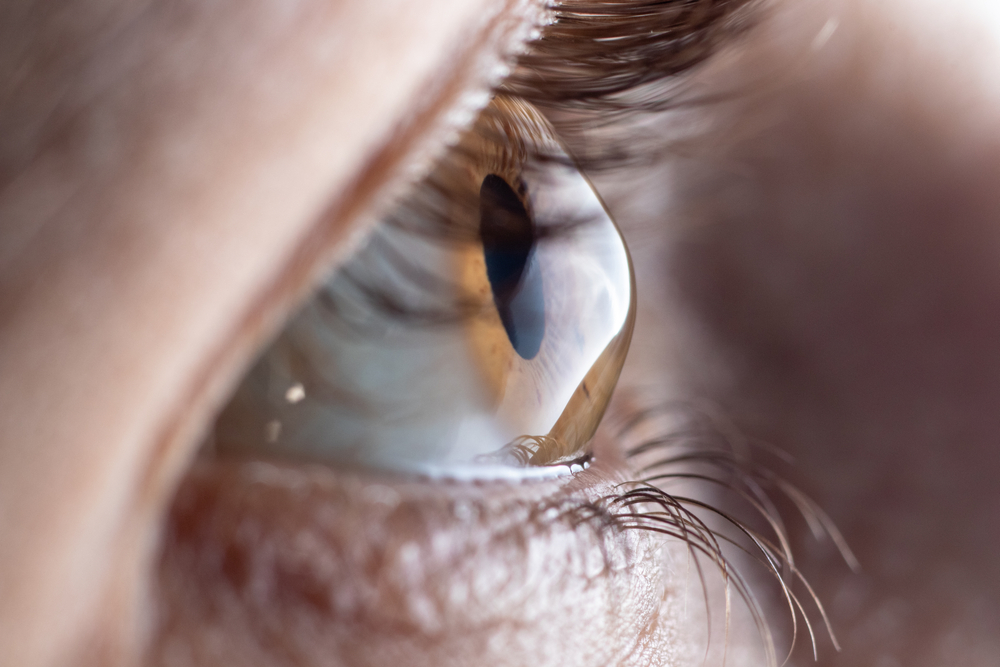
Keratoconus is a progressive condition that usually begins in early adulthood or adolescence and can lead to significant visual impairment. The cornea, which is normally round and dome-shaped, becomes thin and bulges into a cone-like shape, affecting the way light enters the eye and distorts vision. It's crucial to understand what keratoconus is, how it affects the eye, and what can be done to manage it effectively.
What Causes Keratoconus?
The exact cause of keratoconus is still unknown. However, it is believed to be a combination of genetic, environmental, and hormonal factors. Some studies suggest that keratoconus may be linked to allergies and excessive eye rubbing. Other research points to a genetic predisposition, with approximately 10% of people with keratoconus having a family history of the condition.
Certain systemic conditions such as Down syndrome, Ehlers-Danlos syndrome, and Marfan syndrome have also been associated with keratoconus. While the causes are multifaceted and often unclear, what is clear is that keratoconus results from a weakening of the collagen fibers in the cornea. This weakening allows the cornea to bulge outward into a cone shape, leading to the symptoms we associate with keratoconus.
Recognizing the Symptoms of Keratoconus
The symptoms of keratoconus can vary from person to person and can change as the condition progresses. In the early stages, individuals may experience mild blurring and distortion of vision, increased sensitivity to light, and difficulty seeing at night. These symptoms can be easily mistaken for regular refractive errors such as myopia or astigmatism.
As keratoconus progresses, the cornea continues to thin and bulge, leading to high and irregular astigmatism and severe nearsightedness. The vision can become increasingly distorted, resulting in 'ghosting', 'multiple images', 'streaking', and 'starbursts' around lights. It's important to note that keratoconus typically affects both eyes, although it can progress at different rates.
Optometric Solutions for Keratoconus
In the early stages, glasses or soft contact lenses may be sufficient to correct the mild nearsightedness and astigmatism. However, as the condition progresses, these may no longer provide satisfactory vision.
Rigid gas permeable (RGP) lenses are often the next line of treatment. These lenses are more rigid than soft lenses and maintain their shape on the eye, thereby providing a clear surface to correct the distorted vision caused by the irregular cornea.
Other treatments include scleral lenses, hybrid lenses, and corneal cross-linking (CXL). In severe cases, a corneal transplant may be necessary. Each treatment has its benefits and drawbacks, and the choice often depends on the severity of the keratoconus, the individual's lifestyle, and personal preference.
The Importance of Regular Eye Check-ups in Managing Keratoconus
Regular eye check-ups are crucial in managing keratoconus. The condition progresses at different rates for different people, and regular monitoring allows your optometrist to assess the progression and adjust treatment as necessary. Early detection and treatment can slow or even halt the progression of keratoconus, preserving vision and quality of life.
Check-ups also provide an opportunity to address any issues or discomfort related to your current treatment. For example, if you're finding your RGP lenses uncomfortable, your optometrist can explore other options with you. Regular check-ups are also crucial for those considering surgical options, as these require careful monitoring and follow-up.
Regular eye examinations are a vital aspect of managing keratoconus. They enable tailored, timely, and effective treatment strategies that can significantly improve the lives of those living with this challenging condition.
Navigating Keratoconus Effectively
Living with keratoconus can be challenging, but with understanding, timely diagnosis, and effective optometric solutions, it can be managed effectively. Regular eye check-ups are crucial for monitoring the condition's progression and ensuring that the treatment remains effective.
For more information on keratoconus and effective optometric solutions, contact Dr. Stephen Nevett and Associates at our office in Seattle or Kirkland, Washington. Call (206) 364-2273 or (425) 602-6153 to schedule an appointment today.







